Bangladesh Agricultural University (BAU) hosted a conference that illuminated the critical problems that communities around the world are currently facing by concentrating on the significant effects of climate change on food security, the economy, and livelihoods. The University of Salford and BAU's Department of Soil Science jointly hosted the symposium, which brought together stakeholders and specialists to talk about solutions to the problems caused by climate change.
The seminar, held on Saturday, March 9, at 10:30 a.m. in the conference room of BAU's Agriculture Faculty, featured distinguished speakers including Prof. Dr. Md Anwarul Abedin from BAU's Soil Science Department and Prof. Bingunath Ingirige from the University of Salford. Prof. Bingunath emphasized the global nature of climate change, highlighting its detrimental effects on agricultural production and poverty rates.
Climate change-induced phenomena such as floods, landslides, and heatwaves were discussed as major challenges affecting agricultural productivity and livelihoods, particularly in South and Southeast Asian countries. The changing seasons and the exploitation of high-yielding crops were cited as significant concerns, underscoring the urgent need for sustainable agricultural practices.
In addition to addressing the impacts of climate change, the seminar emphasized the importance of adopting modern technologies such as mitigation and irrigation technologies to enhance agricultural productivity and ensure food security for communities. Participants engaged in an open discussion session, focusing on various topics including the role of rivers and alluvial soil in agriculture, sustainable farming practices, and the utilization of solar energy in agricultural production.
Key issues discussed included the production of high-yielding and exportable agricultural products, water-efficient farming methods, and the promotion of crops with shorter growing cycles. Furthermore, participants deliberated on ongoing research efforts aimed at mitigating the impacts of climate change and expanding solutions for food security challenges.
The seminar concluded with a call for concerted efforts from academia, policymakers, and stakeholders to address the multifaceted challenges posed by climate change. By harnessing innovative technologies and fostering collaboration, the agricultural sector can adapt to changing environmental conditions and ensure sustainable food production for future generations.



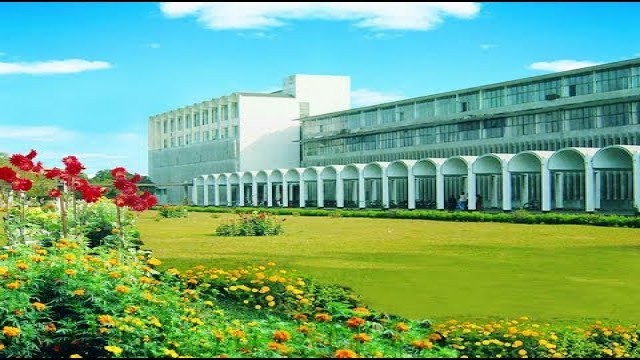
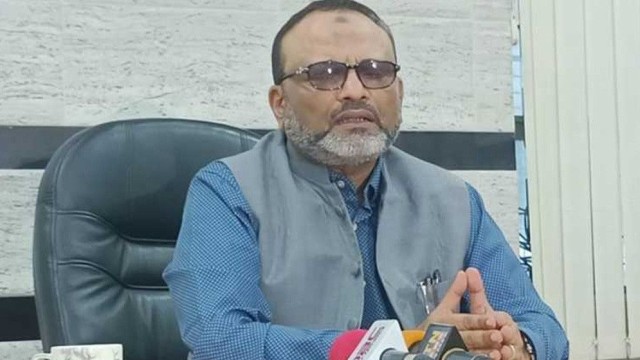



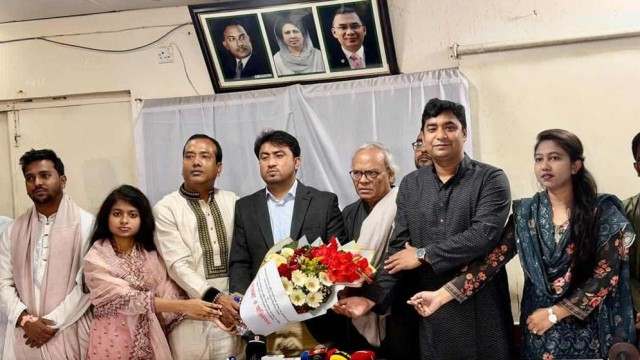
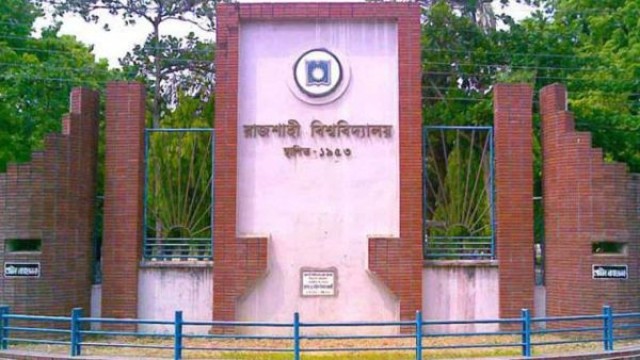

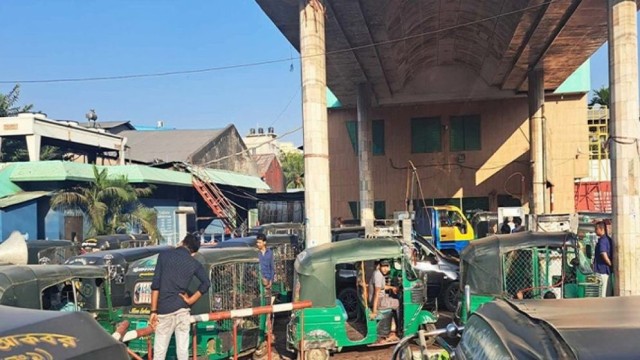


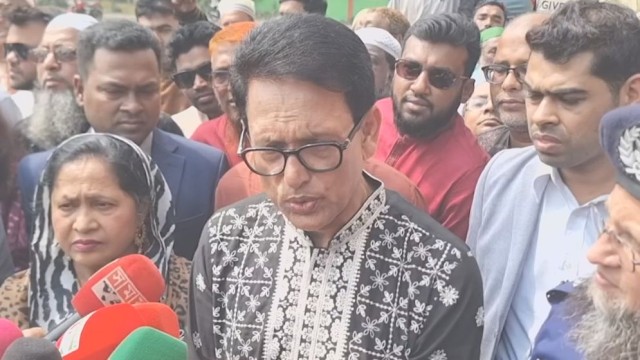


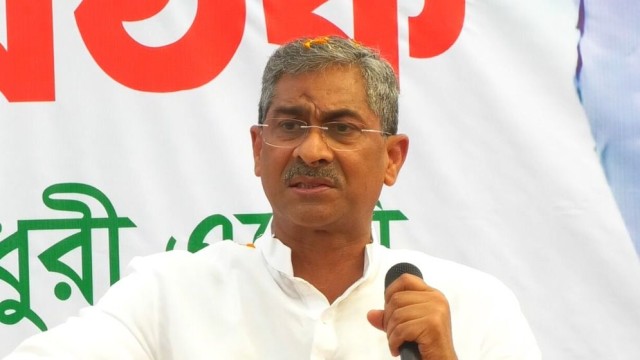
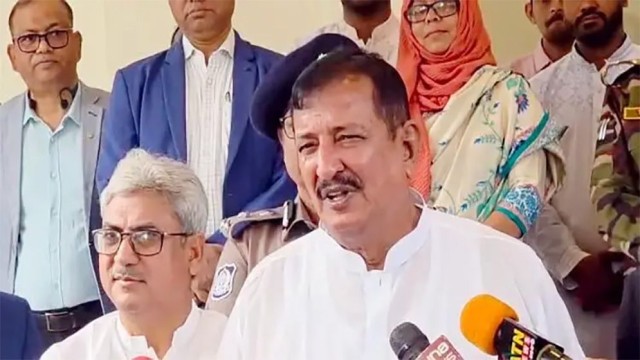
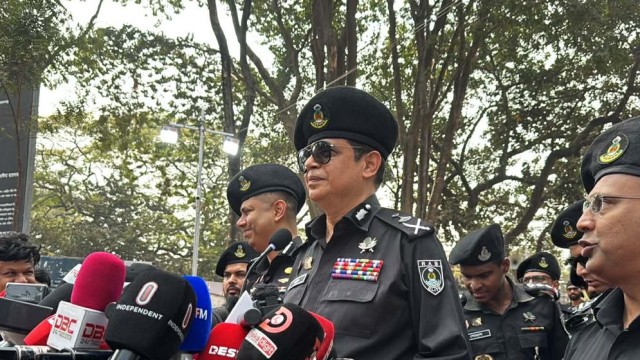











Comment: